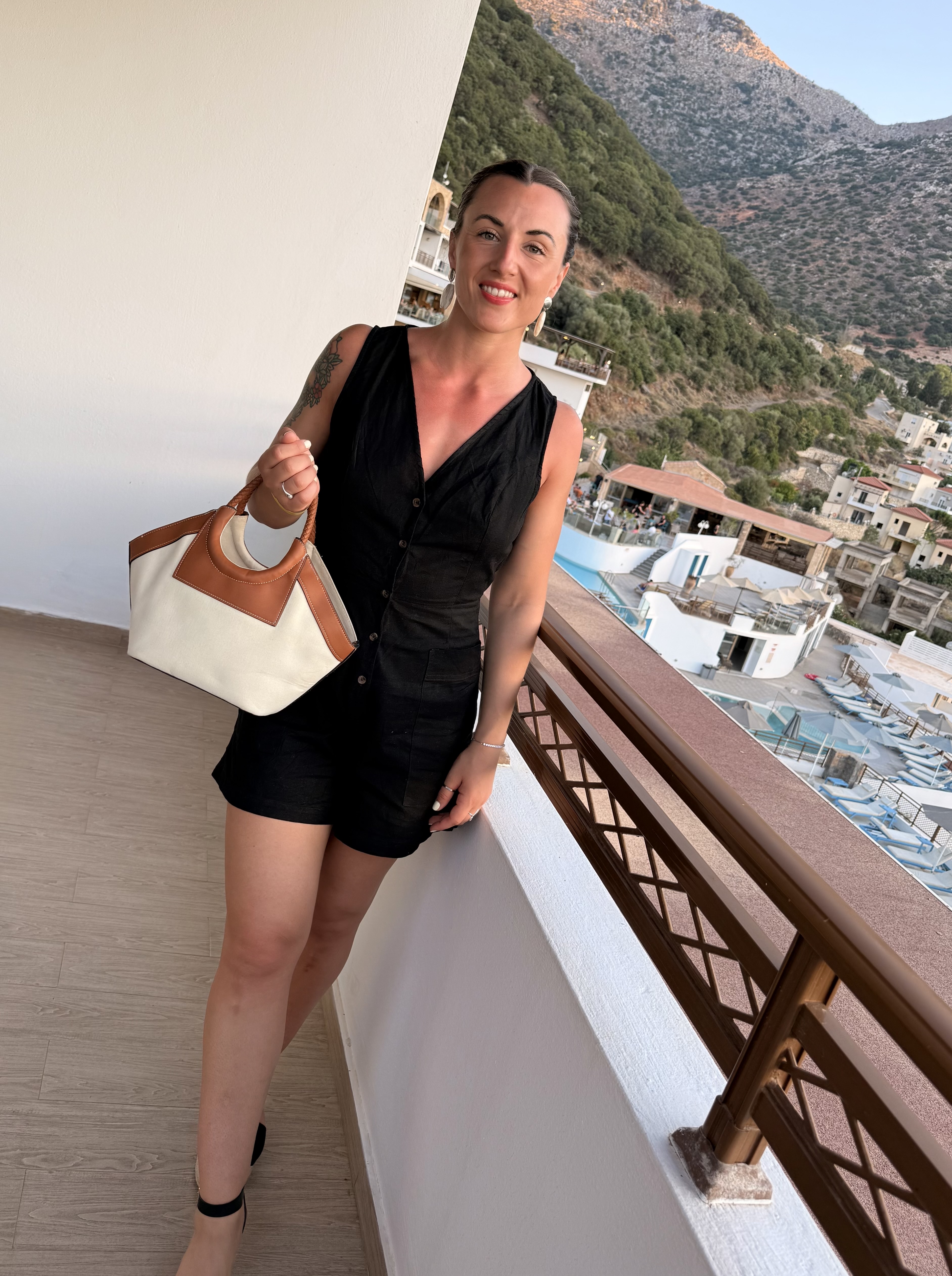Newcastle Support Group
About this group
General Session Information
Upcoming Support group sessions
There are no upcoming sessions at this time. Please check back again.Meet the Support Group Leader(s)
Rhi
My endometriosis journey began quietly, long before I had the language to name it. At the end of 2020, I was in what I thought was the best shape of my life. Throughout lockdown, fitness had become my anchor, something I could control in a world that felt uncertain. In December, I pushed myself through a huge challenge: running 100 miles in a single month to raise money for charities that meant the world to me. I finished it proud, exhilarated, and ready for whatever challenge came next. But only days later, everything changed. I suddenly found myself unable to walk properly, unable to run, unable to do the very thing that had always kept me grounded. The pain was excruciating, a kind of pain I had never felt before and yet I couldn’t make sense of it. I assumed it had to be an injury from the challenge, but deep down something didn’t feel right. I went to my GP that same week. What followed were two months of blood tests, repeat appointments, and uncertainty. When the results didn’t fit into any easy explanation, I was eventually told I had “long Covid,” even though none of my symptoms aligned with it. And so, I kept going, living with pain that made even a short walk down the street feel impossible. My fitness, my movement, my independence, everything I loved, was slipping away. By May 2021, I reached a breaking point. I tried to gently reintroduce movement, pushing myself to do what I could. But after a short workout, my body completely collapsed. The pain was unbearable. I had to call an ambulance for myself as I was alone, terrified, and unsure what was happening to me. That moment changed everything. It forced doctors to finally consider something new, something that hadn’t been mentioned before: PCOS. An internal scan confirmed it. I was advised to start the pill and hope things would improve. But they didn’t. I decided to seek my own path to answers, turning to holistic care. I found a wonderful acupuncturist who specialised in women’s health and reproductive conditions. Through her compassion and knowledge, I finally felt heard. She guided me toward an Endometriosis Support Group, and for the first time in months, I found validation. I found people who understood. But alongside that comfort came frustration, because I realised just how deeply I had been let down by the system that was supposed to help me. Armed with knowledge from other women and from specialists who took the time to listen, I went back to my GP and demanded more. This time, things moved faster. I was referred to a private clinic accepting NHS patients, a team that finally validated everything I had been experiencing. They listened without dismissal, offered real options, and prepared me for what would ultimately be needed: a laparoscopy. Four weeks later, I woke up from surgery with the diagnosis I had known in my bones all along: Endometriosis. The emotional relief, the validation, the flood of finally being believed was overwhelming. In some ways, that moment was even more intense than the physical pain I had endured for months. But as anyone with endometriosis knows, diagnosis is not the end. It is the beginning. Living With Endo & Showing Up in the Corporate World Life after diagnosis has been a rollercoaster. The flare-ups, the fatigue, the days where getting up feels like climbing a mountain, these are things that most people will never see. Navigating this while working in a corporate environment added another layer of complexity. I found myself having to educate my employer, especially my (male) manager, because endometriosis simply wasn’t understood. I needed support, awareness, flexibility and instead I was often met with blank expressions, as though the condition I was describing was something newly invented.
I want people in all workplaces, large and small to understand that endometriosis is real, life-altering, and deserving of respect. I want employers to step up, to adopt the Endometriosis Employer Recognition Scheme, and to create environments where people like us are supported rather than doubted. And I want to create the community I needed: a space where people feel safe, validated, and empowered. A community that understands the weight of this journey, the physical pain, the emotional toll, the invisible battles we fight every day. If I can be even 1% of the change, if I can help even one other woman feel seen, heard, and supported, then my journey has purpose. Our bodies deserve respect from healthcare providers, employers, friends, family, and from ourselves. And I am committed to being part of the movement that brings that change to life. |

